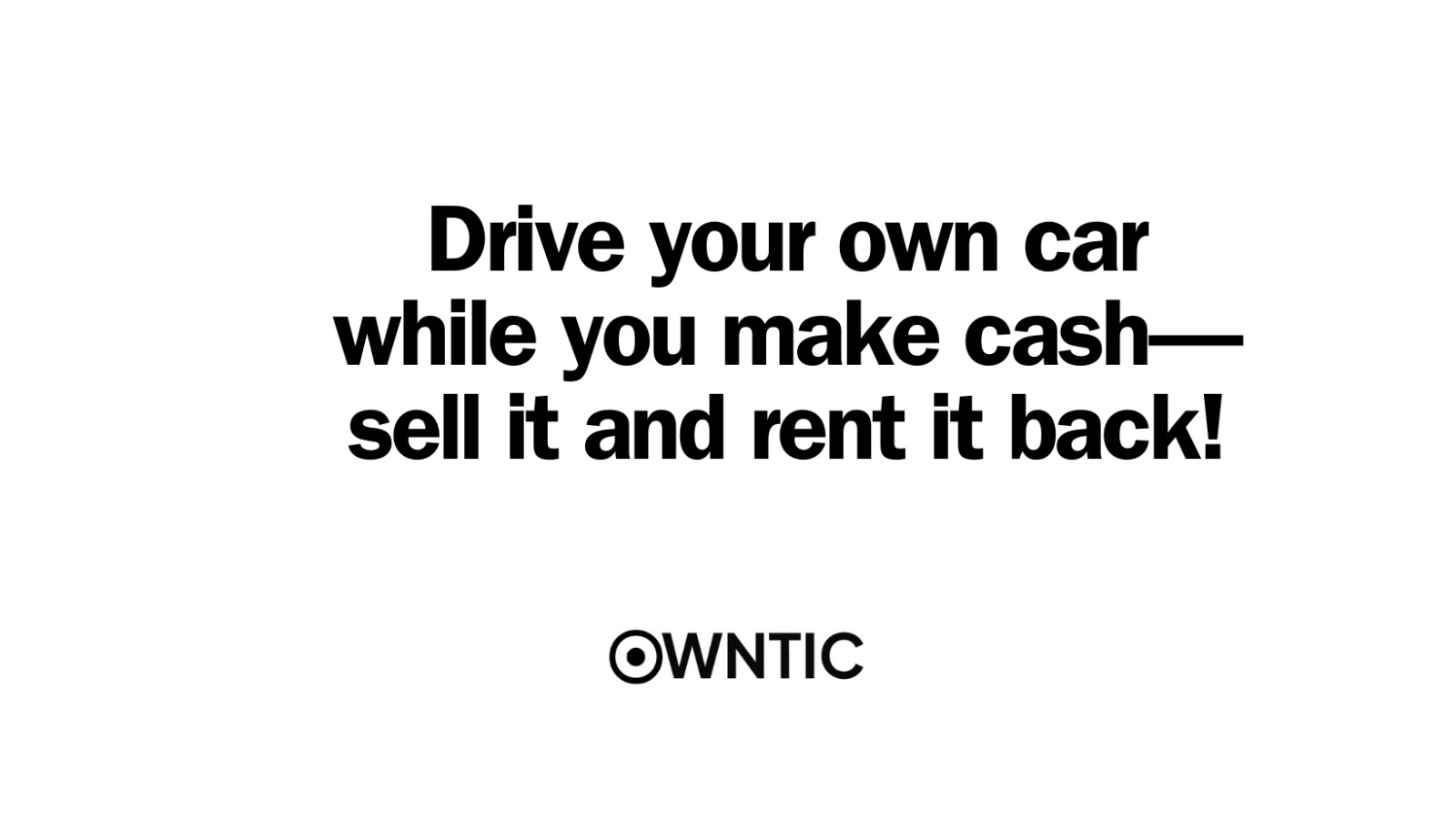Credit utilization refers to the ratio of your credit card balances to your credit limits. It’s a key component of your credit score calculation and plays a significant role in determining your creditworthiness. Lenders use this ratio to assess your ability to manage debt responsibly.
The Impact of Paying Off Balances
Paying off credit card balances can lower your credit utilization ratio, which is generally a positive development for your credit score. As you reduce your outstanding balances, your utilization ratio decreases, signaling to lenders that you’re using less of your available credit. This demonstrates responsible credit management and can result in a higher credit score over time.

Factors to Consider
While paying off credit card balances can improve your utilization ratio and credit score, there are a few factors to keep in mind:
Credit Limits: Even if you pay off your balances, your utilization ratio may still be high if your credit limits are low. Requesting credit limit increases or opening new accounts can help lower your utilization ratio further.
Credit Score Impact: While paying off balances can positively impact your credit score, the effect may not be immediate. Credit scoring models typically consider your utilization ratio as of the date reported by your lenders, which may not align with your payment schedule. It may take one to two billing cycles for the updated balance to reflect in your credit report and impact your score.
Long-Term Credit Management: Paying off balances is just one aspect of responsible credit management. Maintaining low balances, making timely payments, and avoiding excessive credit inquiries are also essential for maintaining a healthy credit profile.
Thanks for reading



